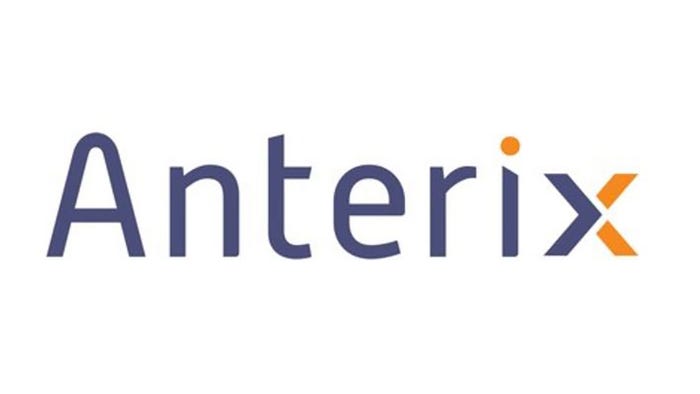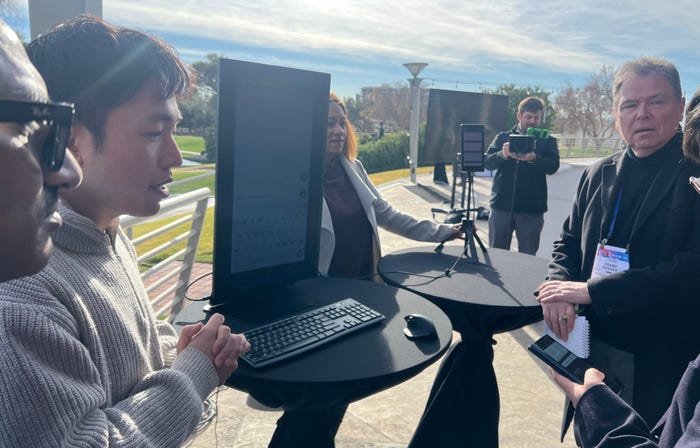AT&T, Verizon challenge SpaceX, T-Mobile’s direct-to-cell serviceAT&T, Verizon challenge SpaceX, T-Mobile’s direct-to-cell service

AT&T and Verizon have a bone to pick with SpaceX and T-Mobile’s direct-to-cellular service.
Verizon and AT&T have expressed concern that the direct-to-cell service could negatively impact their own mobile broadband networks, reported The Verge.
SpaceX plans to launch a direct-to-cell service with T-Mobile commercially in the US this fall, reported Light Reading’s Mike Dano in May. The companies inked a phone-to-satellite agreement in 2022, and SpaceX plans to have about 800 satellites capable of direct-to-cell connections this fall.
“The service promises to potentially connect all of T-Mobile’s customers to SpaceX’s Starlink satellites in areas where the operator does not offer terrestrial coverage, regardless of the users’ phones. That could potentially eliminate all of T-Mobile’s outdoor dead zones,” Dano reported.
AT&T and Verizon filed with the FCC to “reject SpaceX’s request to waive out-of-band emission limits,” reported The Verge. Satellite companies EchoStar and Omnispace have also expressed concern over SpaceX and T-Mobile’s direct-to-cellular service, reported The Verge and Ars Technica.
In the company’s filing to the FCC, AT&T claimed that SpaceX requested a nine-fold increase to the allowable supplemental coverage from space (SCS), aggregate out-of-band (OOBE) and power flux-density (PFD) limit. AT&T told the FCC that this increase would “cause unacceptable harmful interference” to its terrestrial mobile services.
To read the complete article, visit Light Reading.



